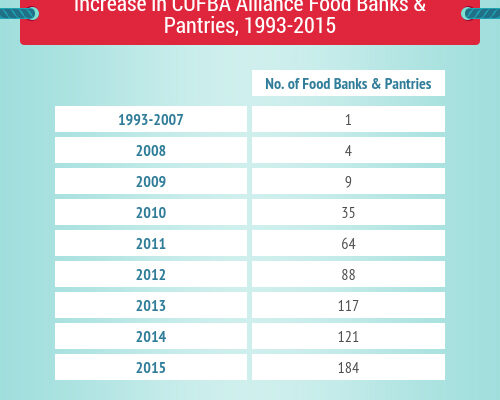Using SNAP Benefits to Reduce Student Food Insecurity and Improve College Completion
Title: SNAP Reimagined: Improving Postsecondary Education Access and Completion
Source: The Institute for College Access & Success (TICAS)
Today’s students must often navigate higher education and its associated costs while facing increased basic needs insecurity and limited need-based financial aid to close the gap. In a new brief, The Institute for College Access and Success (TICAS) suggests policy recommendations and changes to the Supplemental Nutrition Assistance Program (SNAP) to better meet students’ basic needs and position them to both enroll in and complete college degree programs.
SNAP, formerly known as the food stamp program, is the “nation’s largest food assistance program” and provides money for food purchases to qualifying low-income households or households “experiencing temporary financial hardship.” SNAP is proven to both successfully alleviate individuals’ financial hardships and increase their economic activity.
According to the report, SNAP “has garnered increased attention as a strategy to reduce student food insecurity and improve college completion.” However, students struggle to access and utilize SNAP benefits due to complicated and, at times, subjective or ambiguous eligibility criteria and verification processes.
Students not only have to meet all general SNAP eligibility criteria (e.g., income, household size, and citizenship status) but also be enrolled at least part-time and meet at least one student exemption criterion (e.g., be employed at least 20 hours per week, participate in or qualify for work-study, or have an expected family contribution of $0). As a result, the Government Accountability Office estimates that nearly 60 percent of potentially eligible students are not receiving SNAP benefits.
While the U.S. Department of Agriculture (USDA) proposes expanding students’ access to SNAP by increasing the number of possible student exemptions, TICAS proposes amendments to the Food and Nutrition Act to streamline the approval process and reduce confusion in administering SNAP benefits. Specifically, TICAS proposes that Congress amend the bill’s definition of “Employment and Training Program” to include enrollment in postsecondary credits at a higher education institution and “eliminate or significantly simplify the student exemption section.”
TICAS also recommends amending the current student exemptions to allow postsecondary attendance “to satisfy any activity or participation requirements” and lessen student eligibility criteria, such as enrollment hour requirements, which reduce access to SNAP assistance for students enrolled less than part-time.
To read the full brief, click here.
—Alyssa Stefanese Yates
If you have any questions or comments about this blog post, please contact us.


